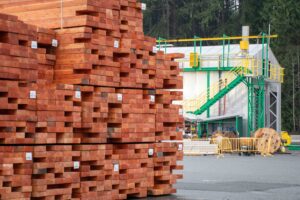 Canada’s forestry industry plans to divert a significant share of its wood exports from the US to new international markets. …The aim to send some 1bn board feet to alternative markets underscores how Trump’s tariffs are starting to reshape some global supply chains, although tensions between the US and Canada over wood exports have simmered for more than half a century. …“The US simply needs to fact-check better before they end up with a large shortage of lumber that may cause further housing shortages,” said Rick Doman, chair of FII BC. …Zoltan van Heyningen for the US Lumber Coalition said the American timber industry could replace 1bn board feet of Canadian imports “without batting an eyelid”. …The NAHB says at just 64% of capacity it “will take years” for US domestic lumber production to expand to meet industry demands. …Mike McDonald, a UK-based consultant, acknowledged it would take time to establish confidence among European consumers. [to access the full story a FT subscription is required]
Canada’s forestry industry plans to divert a significant share of its wood exports from the US to new international markets. …The aim to send some 1bn board feet to alternative markets underscores how Trump’s tariffs are starting to reshape some global supply chains, although tensions between the US and Canada over wood exports have simmered for more than half a century. …“The US simply needs to fact-check better before they end up with a large shortage of lumber that may cause further housing shortages,” said Rick Doman, chair of FII BC. …Zoltan van Heyningen for the US Lumber Coalition said the American timber industry could replace 1bn board feet of Canadian imports “without batting an eyelid”. …The NAHB says at just 64% of capacity it “will take years” for US domestic lumber production to expand to meet industry demands. …Mike McDonald, a UK-based consultant, acknowledged it would take time to establish confidence among European consumers. [to access the full story a FT subscription is required]

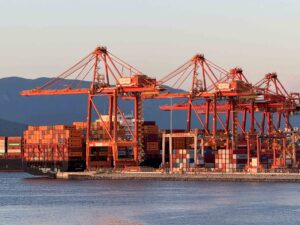 HONG KONG — It is an image that just a year ago would have seemed unfathomable: the Canadian and Chinese leaders standing side by side. …The tide began turning early last month… Prime Minister Carney and leader Xi Jinping met on the sidelines of the Asia-Pacific Economic Co-operation summit in South Korea – the first time leaders of the two countries had met in eight years. …That has since been followed by another ministerial visit to China. China also reinstated Canada to its approved travel list for tour groups. …But as leaders in Ottawa and Beijing signal it may be time to start doing business again, some experts warn China could be attempting to exploit Canada at a vulnerable moment. …Meanwhile, the US has increasingly ramped up its economic war on its northern neighbor. …Beijing has said it will drop the canola tariffs if Ottawa does the same for Chinese electric vehicles.
HONG KONG — It is an image that just a year ago would have seemed unfathomable: the Canadian and Chinese leaders standing side by side. …The tide began turning early last month… Prime Minister Carney and leader Xi Jinping met on the sidelines of the Asia-Pacific Economic Co-operation summit in South Korea – the first time leaders of the two countries had met in eight years. …That has since been followed by another ministerial visit to China. China also reinstated Canada to its approved travel list for tour groups. …But as leaders in Ottawa and Beijing signal it may be time to start doing business again, some experts warn China could be attempting to exploit Canada at a vulnerable moment. …Meanwhile, the US has increasingly ramped up its economic war on its northern neighbor. …Beijing has said it will drop the canola tariffs if Ottawa does the same for Chinese electric vehicles. CASTLEGAR, BC
CASTLEGAR, BC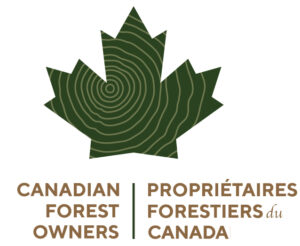 OTTAWA, ON – Canadian Forest Owners (CFO) appeared before the House of Commons Standing Committee on Natural Resources today as part of its study on the forest industry, which is being severely affected by the ongoing softwood lumber dispute. Andrew de Vries, Chief Executive Officer of CFO, and Vincent Miville, Vice-Chair of CFO and Executive Director of the Quebec Federation of Forest Producers, presented recommendations aimed at better recognizing the strategic role of forest owners and the importance of private forests in Canada. CFO represents 480,000 forest owners who collectively own about 10% of Canada’s forested land, but account for 20% of the country’s timber production. These owners supply wood to the forest industry, contribute to regional economies, and provide essential environmental services to rural communities. “The lack of understanding of private forests is a blind spot in Canada’s forest and trade policy, and as a result, support programs for the sector often overlook their essential contribution,” said de Vries.
OTTAWA, ON – Canadian Forest Owners (CFO) appeared before the House of Commons Standing Committee on Natural Resources today as part of its study on the forest industry, which is being severely affected by the ongoing softwood lumber dispute. Andrew de Vries, Chief Executive Officer of CFO, and Vincent Miville, Vice-Chair of CFO and Executive Director of the Quebec Federation of Forest Producers, presented recommendations aimed at better recognizing the strategic role of forest owners and the importance of private forests in Canada. CFO represents 480,000 forest owners who collectively own about 10% of Canada’s forested land, but account for 20% of the country’s timber production. These owners supply wood to the forest industry, contribute to regional economies, and provide essential environmental services to rural communities. “The lack of understanding of private forests is a blind spot in Canada’s forest and trade policy, and as a result, support programs for the sector often overlook their essential contribution,” said de Vries.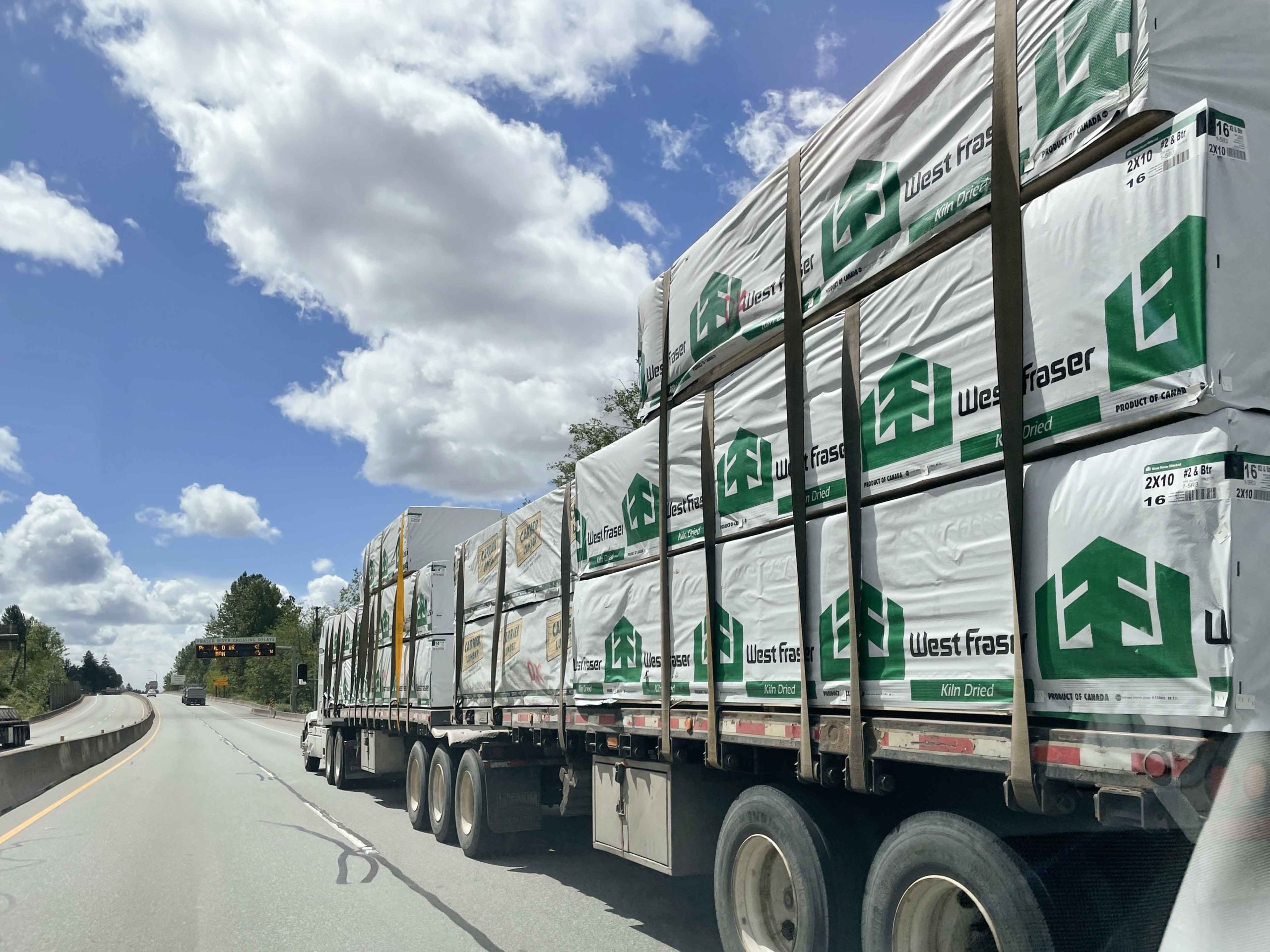 The softwood timber tariffs levied by the U.S. have begun to hit the lumber industry hard. Citing a drooping softwood lumber demand, compounded by higher duties and additional tariffs that have reached 45 per cent for U.S. markets, West Fraser Timber announced Thursday its plans to permanently shutter both its Augusta, Ga., and 100 Mile House lumber mills by the end of 2025. Approximately 165 employees at the 100 Mile House mill will be laid off, as the company says it can’t secure an adequate volume of economically viable timber. The closing of the mill drops West Fraser’s capacity by 160 million board feet. …The closure of the Augusta lumber mill is a result of challenging lumber demand, and the loss of economically viable residual outlets, which combined has compromised the mill’s long-term viability. Around 130 employees will be laid off there, and further reduce West Fraser’s capacity by 140 million board feet.
The softwood timber tariffs levied by the U.S. have begun to hit the lumber industry hard. Citing a drooping softwood lumber demand, compounded by higher duties and additional tariffs that have reached 45 per cent for U.S. markets, West Fraser Timber announced Thursday its plans to permanently shutter both its Augusta, Ga., and 100 Mile House lumber mills by the end of 2025. Approximately 165 employees at the 100 Mile House mill will be laid off, as the company says it can’t secure an adequate volume of economically viable timber. The closing of the mill drops West Fraser’s capacity by 160 million board feet. …The closure of the Augusta lumber mill is a result of challenging lumber demand, and the loss of economically viable residual outlets, which combined has compromised the mill’s long-term viability. Around 130 employees will be laid off there, and further reduce West Fraser’s capacity by 140 million board feet. Government has launched Look West, a strategic plan to deliver major projects faster, expand skills training and grow key sectors to strengthen B.C.’s economy, creating good jobs and opportunities for people and businesses, and benefiting all of Canada. “British Columbia can get big things done – which is why our province is vastly overrepresented in the list of major projects Ottawa is fast-tracking,” said Premier David Eby. “This plan sets big goals as we make B.C. the economic powerhouse of Canada to create great jobs and drive prosperity in every corner of the province.” Look West rises to the challenges brought on by U.S. tariffs. The strategy sets a 10-year vision to strengthen B.C.’s economy, including continuing work to speed up permitting and diversify key sectors, so B.C.’s economy is less reliant on the United States.
Government has launched Look West, a strategic plan to deliver major projects faster, expand skills training and grow key sectors to strengthen B.C.’s economy, creating good jobs and opportunities for people and businesses, and benefiting all of Canada. “British Columbia can get big things done – which is why our province is vastly overrepresented in the list of major projects Ottawa is fast-tracking,” said Premier David Eby. “This plan sets big goals as we make B.C. the economic powerhouse of Canada to create great jobs and drive prosperity in every corner of the province.” Look West rises to the challenges brought on by U.S. tariffs. The strategy sets a 10-year vision to strengthen B.C.’s economy, including continuing work to speed up permitting and diversify key sectors, so B.C.’s economy is less reliant on the United States.

 Members of the management team for West Fraser’s 100 Mile Lumber appeared in front of the District of 100 Mile House Council to answer questions about the permanent closure of their 100 Mile House mill by the end of December. …Mayor Maureen Pinkney began the meeting, noting that the closure is sad news and that she was surprised they were going straight to closure without any curtailment. …Rob Baron, West Fraser’s regional manager of operations, said “The conditions that precipitated the decision to go to permanent closure are really entirely related to long-term viability related to the high cost of saw logs coming to this mill”. …They’re currently getting their shutdown coordinator set up and have resources on site to help their employees through the transition. …Baron said West Fraser doesn’t have any plans for what they’ll be doing with the property in the future, but welcomes anyone interested in the facility to contact them.
Members of the management team for West Fraser’s 100 Mile Lumber appeared in front of the District of 100 Mile House Council to answer questions about the permanent closure of their 100 Mile House mill by the end of December. …Mayor Maureen Pinkney began the meeting, noting that the closure is sad news and that she was surprised they were going straight to closure without any curtailment. …Rob Baron, West Fraser’s regional manager of operations, said “The conditions that precipitated the decision to go to permanent closure are really entirely related to long-term viability related to the high cost of saw logs coming to this mill”. …They’re currently getting their shutdown coordinator set up and have resources on site to help their employees through the transition. …Baron said West Fraser doesn’t have any plans for what they’ll be doing with the property in the future, but welcomes anyone interested in the facility to contact them.






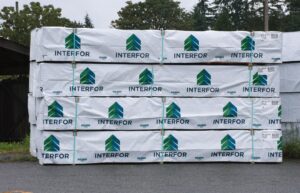 EAR FALLS, Ontario — Northerners know what it means to put in an honest day’s work. …But in Ear Falls, that northern way of life is under threat. In October, Interfor announced the indefinite closure of the Ear Falls sawmill. Over 160 jobs have vanished, and the community is left waiting—hoping that leaders in Ottawa and Toronto will step up, restore these jobs, and fight for the future of Ear Falls. But Ear Falls did not just stand by, they united. Workers, families, municipal leaders, Unifor, and MPP Sol Mamakwa stood shoulder to shoulder to demand action. …But the response from Premier Ford and Prime Minster Carney? Deafening silence. The indefinite closure of Ear Falls’ sawmill, and the silence from Conservative and Liberal governments lay bare the legacy of under-development, under-investment, and under-representation that holds Northerners back.
EAR FALLS, Ontario — Northerners know what it means to put in an honest day’s work. …But in Ear Falls, that northern way of life is under threat. In October, Interfor announced the indefinite closure of the Ear Falls sawmill. Over 160 jobs have vanished, and the community is left waiting—hoping that leaders in Ottawa and Toronto will step up, restore these jobs, and fight for the future of Ear Falls. But Ear Falls did not just stand by, they united. Workers, families, municipal leaders, Unifor, and MPP Sol Mamakwa stood shoulder to shoulder to demand action. …But the response from Premier Ford and Prime Minster Carney? Deafening silence. The indefinite closure of Ear Falls’ sawmill, and the silence from Conservative and Liberal governments lay bare the legacy of under-development, under-investment, and under-representation that holds Northerners back.
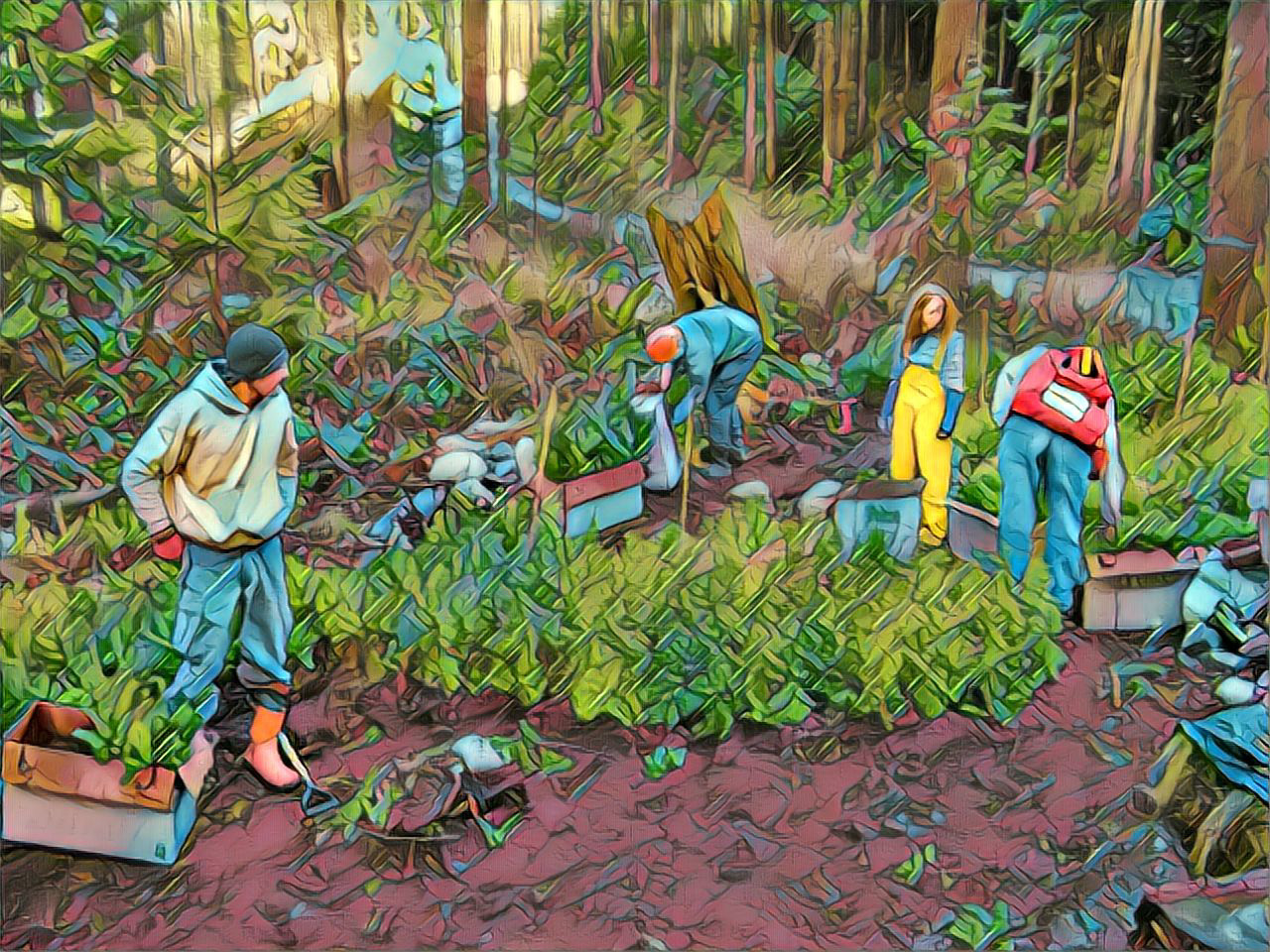 A decision to cut a tree-planting in the federal budget was met with disappointment by seedling producers. The Canadian Tree Nursery Association represents more than 95 per cent of Canada’s forest restoration seedling producers. The federal government decided to cut short the Two Billion Trees (2BT) Program, saving an estimated $200 million over four years. CTNA executive director Rob Keen said the decision would threaten the long-term environmental recovery of Canada’s forests and jeopardize the forest restoration sector. “I think the whole program was just starting to get some good momentum,” Keen said. …Keen said about 600 million trees are planted each year by the forestry industry. “So, really there was a very significant increase in overall tree planting in Canada,” he said. “And then, I guess in the budget … the government decided, ‘OK, we’re done.’ ”
A decision to cut a tree-planting in the federal budget was met with disappointment by seedling producers. The Canadian Tree Nursery Association represents more than 95 per cent of Canada’s forest restoration seedling producers. The federal government decided to cut short the Two Billion Trees (2BT) Program, saving an estimated $200 million over four years. CTNA executive director Rob Keen said the decision would threaten the long-term environmental recovery of Canada’s forests and jeopardize the forest restoration sector. “I think the whole program was just starting to get some good momentum,” Keen said. …Keen said about 600 million trees are planted each year by the forestry industry. “So, really there was a very significant increase in overall tree planting in Canada,” he said. “And then, I guess in the budget … the government decided, ‘OK, we’re done.’ ”
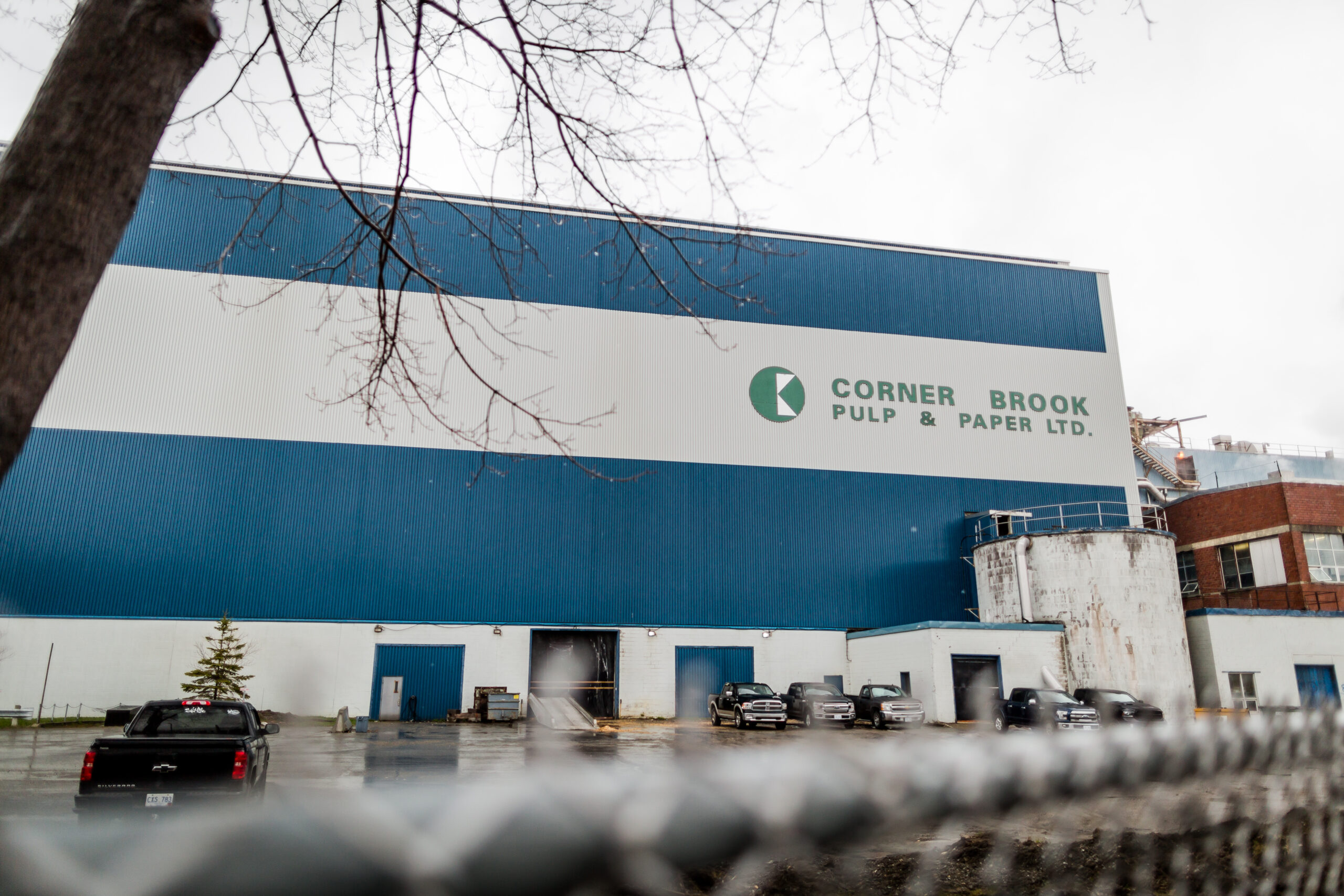

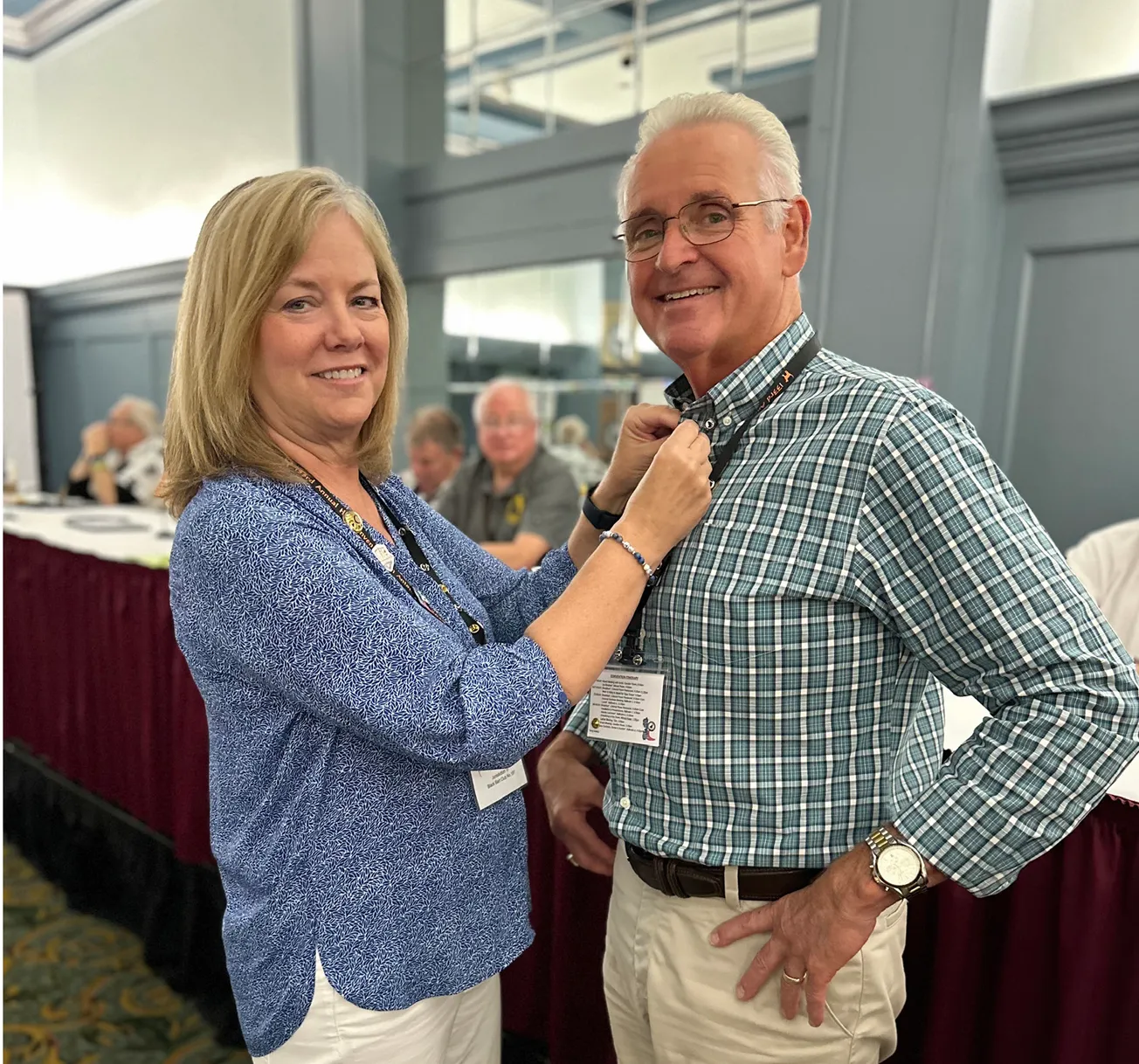


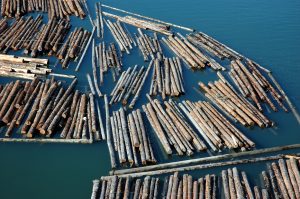 BEIJING — China will restore soybean import licences for three US firms and lift its suspension on US log imports starting November 10, its customs authority said on Friday in another sign of easing trade tensions between the two nations. …The halt on US log imports was a retaliatory measure after US President Trump’s March 1 order to investigate lumber imports. Investor sentiment improved after Trump met Chinese leader Xi Jinping in South Korea, reducing fears that the world’s two largest economies might abandon efforts to resolve their trade disputes. Following the meeting, Beijing lifted tariffs on some US farm goods. …However, traders remain cautious, as a 10% tariff on all US imports remains in effect, limiting expectations for a broader recovery in trade flows.
BEIJING — China will restore soybean import licences for three US firms and lift its suspension on US log imports starting November 10, its customs authority said on Friday in another sign of easing trade tensions between the two nations. …The halt on US log imports was a retaliatory measure after US President Trump’s March 1 order to investigate lumber imports. Investor sentiment improved after Trump met Chinese leader Xi Jinping in South Korea, reducing fears that the world’s two largest economies might abandon efforts to resolve their trade disputes. Following the meeting, Beijing lifted tariffs on some US farm goods. …However, traders remain cautious, as a 10% tariff on all US imports remains in effect, limiting expectations for a broader recovery in trade flows.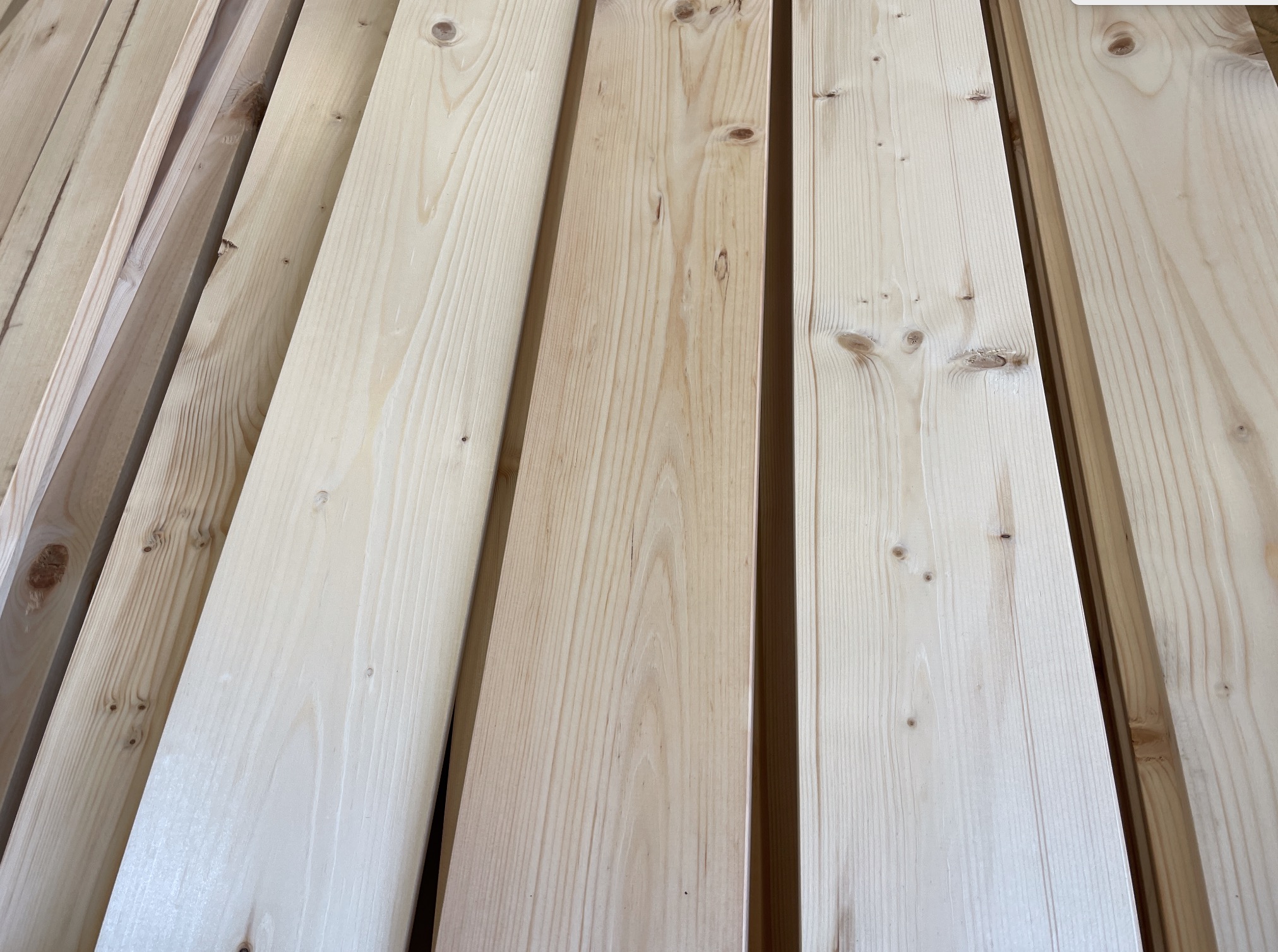 After four major paper and pulp mills closed in Georgia this fall, the phone at the South Georgia Sawmill began ringing nonstop. …woodsmen from Georgia were begging owner Adam Williams to buy at least some of their logs… Williams had to say no. The scene here in Georgia is being replicated in other timber markets, raising larger questions about what measures the United States could take to become more self-reliant and preserve its foundational industries. While most of the U.S. wood supply has historically been homegrown, imports have surged, particularly from Canada. … Republican Gov. Brian Kemp has assembled a task force to suss out new opportunities for Georgia wood. Georgia Tech University, for one, is at the forefront of technology that might one day refine new types of aviation fuel from trees. The state is also pioneering the use of so-called “mass timber” – cross-laminated panels of two-by-sixes that replace concrete and steel.
After four major paper and pulp mills closed in Georgia this fall, the phone at the South Georgia Sawmill began ringing nonstop. …woodsmen from Georgia were begging owner Adam Williams to buy at least some of their logs… Williams had to say no. The scene here in Georgia is being replicated in other timber markets, raising larger questions about what measures the United States could take to become more self-reliant and preserve its foundational industries. While most of the U.S. wood supply has historically been homegrown, imports have surged, particularly from Canada. … Republican Gov. Brian Kemp has assembled a task force to suss out new opportunities for Georgia wood. Georgia Tech University, for one, is at the forefront of technology that might one day refine new types of aviation fuel from trees. The state is also pioneering the use of so-called “mass timber” – cross-laminated panels of two-by-sixes that replace concrete and steel. 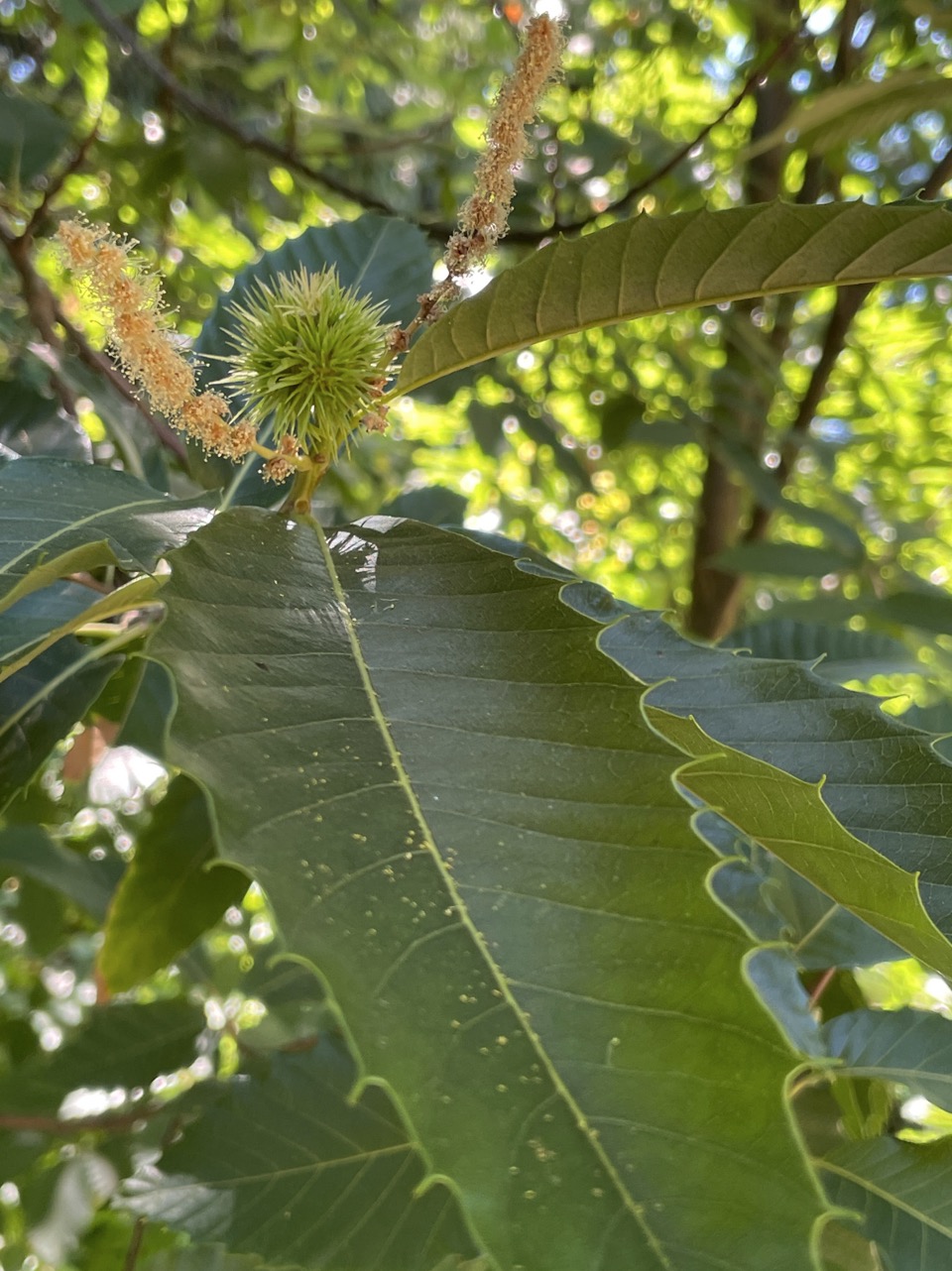 Nearly 40 Tennessee hardwood companies are among hundreds of U.S. hardwood industry operators calling for federal relief from tariff-induced economic hardship. Tennessee’s forestry products industry supports an estimated 85,000 jobs, according to the
Nearly 40 Tennessee hardwood companies are among hundreds of U.S. hardwood industry operators calling for federal relief from tariff-induced economic hardship. Tennessee’s forestry products industry supports an estimated 85,000 jobs, according to the 


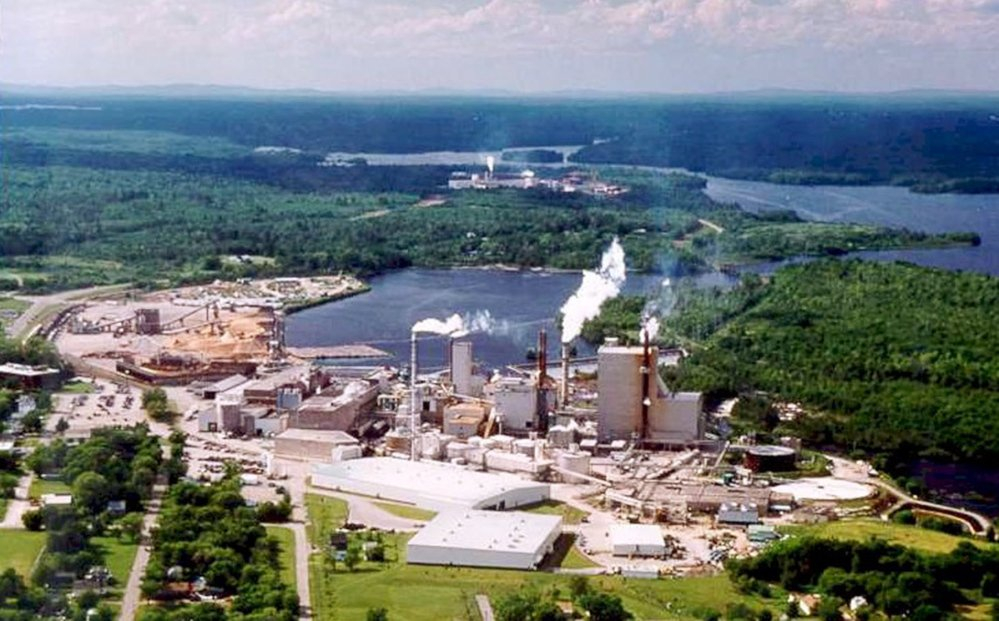

 Stora Enso is initiating a strategic review of its Central European sawmills and building solutions operations. The 2026 review will cover one business unit of Wood Products business area, including seven sawmills in Austria, Czechia, Poland, and Lithuania, and further processing units with three cross-laminated-timber (CLT) mills, as well as wood procurement, and international sales and distribution operations. Whilst the business in scope has a strong position in an attractive market, it does not bring strategic or operational synergies for Stora Enso’s core renewable packaging operations. …different scenarios will be assessed for the business and assets in scope, including the possibility to divest the business, to strengthen Stora Enso’s strategic focus on renewable materials and packaging. The synergetic sawmills in Northern Europe, including further processing operations, in Sweden, Finland, Estonia and Latvia are not part of the assessment, and this part of the business remains strategically important to Stora Enso going forward.
Stora Enso is initiating a strategic review of its Central European sawmills and building solutions operations. The 2026 review will cover one business unit of Wood Products business area, including seven sawmills in Austria, Czechia, Poland, and Lithuania, and further processing units with three cross-laminated-timber (CLT) mills, as well as wood procurement, and international sales and distribution operations. Whilst the business in scope has a strong position in an attractive market, it does not bring strategic or operational synergies for Stora Enso’s core renewable packaging operations. …different scenarios will be assessed for the business and assets in scope, including the possibility to divest the business, to strengthen Stora Enso’s strategic focus on renewable materials and packaging. The synergetic sawmills in Northern Europe, including further processing operations, in Sweden, Finland, Estonia and Latvia are not part of the assessment, and this part of the business remains strategically important to Stora Enso going forward.
